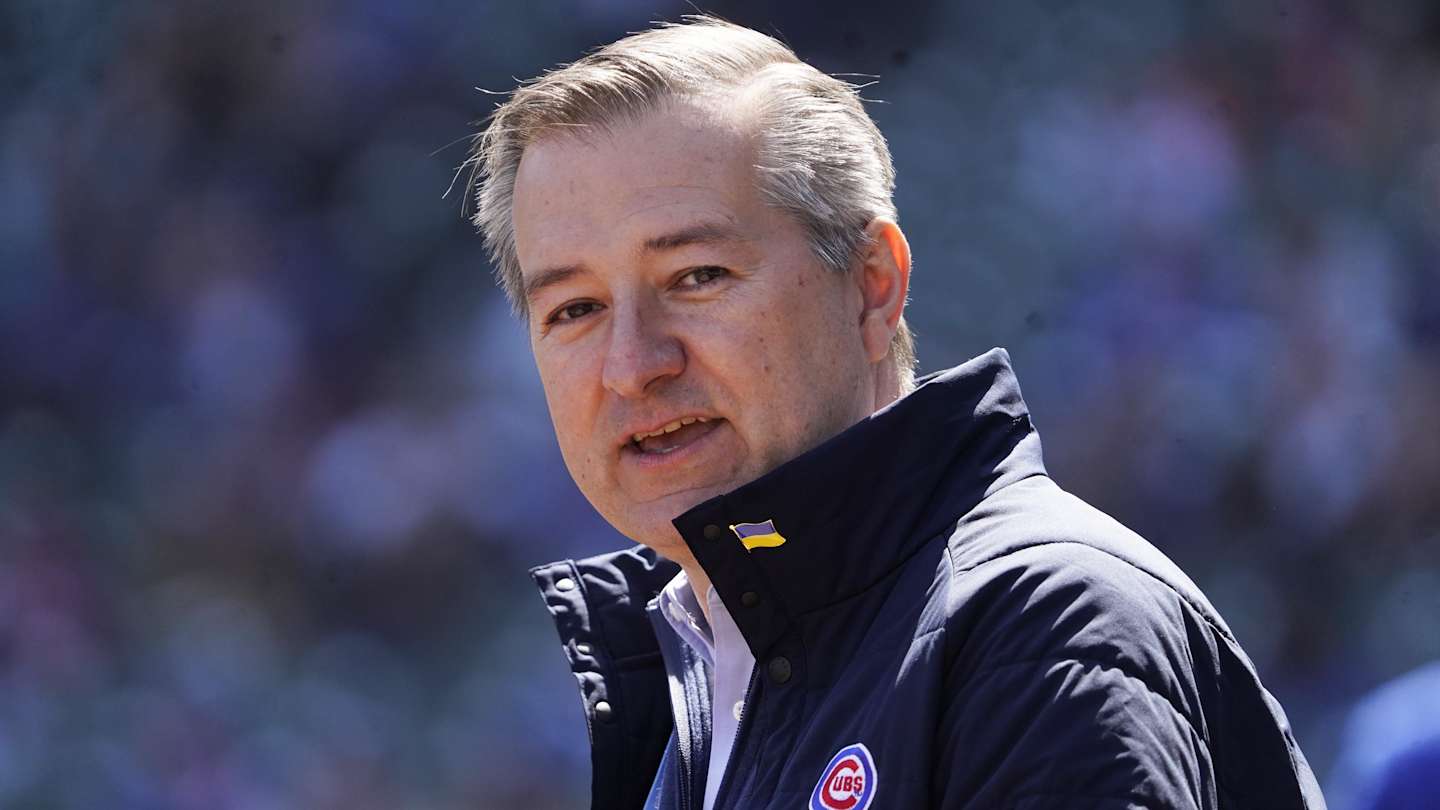Cubs’ Missed Opportunity: An Offseason of Regrets?
The Chicago Cubs’ 2024 season was underwhelming, marked by an 83-win record for the second consecutive year. To address this, they made a significant move by acquiring right fielder Kyle Tucker from the Houston Astros, aiming to add a star presence to their lineup. However, questions linger about whether the team did enough beyond this acquisition to truly contend for a championship. Many analysts predict the Cubs will lead the National League Central, but the debate surrounding their potential highlights concerns about their offseason strategy. This article delves into whether the Cubs’ decision to limit spending will ultimately be a source of regret, potentially hindering their chances of sustained success.
The Impact of Kyle Tucker
The addition of Kyle Tucker is undeniably a positive step for the Cubs. As a three-time All-Star and MVP contender, Tucker brings a level of talent and experience that the team desperately needed. His presence in the lineup is expected to elevate the performance of his teammates and provide a reliable anchor for the offense. Being considered among the top 10 position players in baseball, Tucker’s arrival raises expectations and hopes for a more competitive season. However, acquiring Tucker alone may not be enough to propel the Cubs to the top of the league.
Ownership’s Perceived Lack of Investment
Concerns have been raised about the Cubs’ overall spending this offseason. Tim Kelly of Bleacher Report suggested that the ownership group may be viewed as cheap if Tucker’s tenure is short-lived. The Cubs, playing in a major market with a lucrative stadium, are expected to be more aggressive in pursuing top-tier talent. However, the team’s payroll was inexplicably reduced compared to the previous year, raising questions about their commitment to sustained success. This perceived lack of investment could deter Tucker from signing a long-term extension, potentially leading to a one-year rental and a missed opportunity to build a lasting contender.
Relying on Youth: A Risky Strategy?
The Cubs are banking on several young players to contribute significantly while keeping payroll costs down. Center fielder Pete Crow-Armstrong, first baseman Michael Busch, and prospect Matt Shaw are expected to play key roles in the team’s success. While these young players offer potential, relying too heavily on unproven talent can be risky. Investing in established players alongside these prospects would have provided a more balanced and reliable roster. The decision to prioritize youth over established veterans raises concerns about the team’s ability to compete with more experienced and well-funded teams.
Bargain Bin Acquisitions: Settling for Less?
Instead of pursuing top-tier free agents, the Cubs opted for more budget-friendly options. Signing starting pitcher Matthew Boyd and trading for former Astros closer Ryan Pressly represent cost-cutting measures rather than bold moves to bolster the roster. While these acquisitions may provide some value, they fall short of addressing the team’s most pressing needs. The decision to shop in the bargain bin rather than competing for premium talent suggests a lack of ambition and a willingness to settle for mediocrity. This approach may ultimately hinder the team’s ability to compete with the league’s elite teams.
Juan Soto: A Cautionary Tale
The Cubs’ situation with Kyle Tucker is drawing comparisons to the New York Yankees’ acquisition of Juan Soto. Like Tucker, Soto was acquired with one year of club control before hitting free agency. The Yankees are hoping to convince Soto to sign a long-term extension, but the outcome remains uncertain. The Cubs are undoubtedly hoping to avoid a similar scenario, as losing Tucker after just one season would be a major setback. Convincing Tucker to stay long-term would have been easier if the ownership had demonstrated a greater willingness to spend this offseason. The optics of cutting payroll while asking Tucker to commit his future to the team are not ideal.
Early Season Concerns: The Tokyo Series
The Tokyo Series against the Los Angeles Dodgers provided an early glimpse of the gap between the Cubs and a true World Series contender. Despite the excitement surrounding Tucker’s arrival, the Cubs struggled to compete with the Dodgers’ superior talent and depth. These early-season games highlighted the need for more significant roster upgrades and reinforced the concerns about the team’s offseason strategy. The Cubs’ performance in the Tokyo Series served as a wake-up call, underscoring the challenges they face in their quest to become a legitimate championship contender.
Final Thoughts: A Risky Gamble
The Chicago Cubs’ decision to scale back spending this offseason represents a risky gamble. While the acquisition of Kyle Tucker is a positive step, it may not be enough to compensate for the team’s overall lack of investment. Relying on young players and settling for bargain bin acquisitions could ultimately hinder their chances of sustained success. The Cubs’ ownership needs to demonstrate a greater commitment to building a championship-caliber roster if they hope to convince Tucker to stay long-term and compete with the league’s elite teams. Only time will tell if this offseason’s strategy will pay off, but early signs suggest that the Cubs may come to regret their decision to prioritize cost-cutting over bold, impactful moves.

Leave a Reply